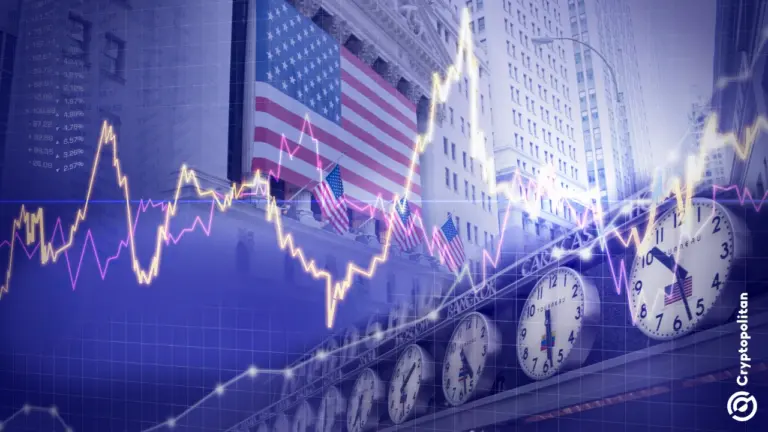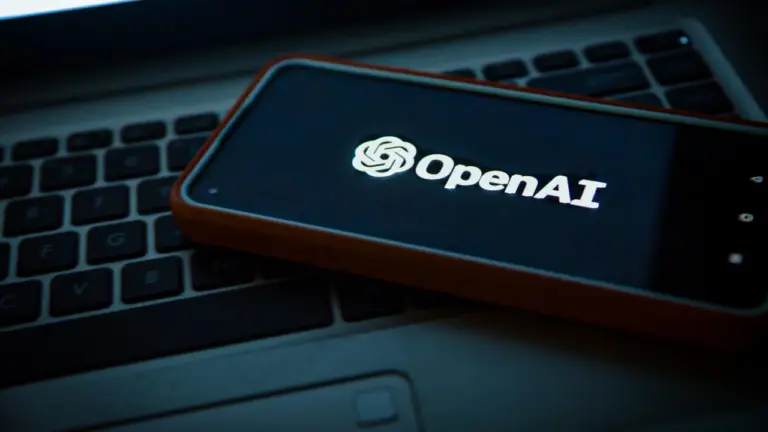U.S. Treasury Secretary Opposes Immediate Fed Rate Cut
- Scott Bessent opposes rate cut; market trends steady.
- Fed awaits inflation progress before acting.
- Crypto markets show minimal short-term reactions.
U.S. Treasury Secretary Scott Bessent confirmed he does not foresee the Federal Reserve reducing interest rates at today’s meeting, aligning with existing central bank guidance.
Such a stance maintains current financial stability, impacting potential market responses and cryptocurrency volatility amid anticipated FOMC event outcomes.
U.S. Treasury Secretary Scott Bessent indicated he does not expect the Federal Reserve to reduce interest rates during the current meeting. This aligns with previous Fed communication signaling a conservative monetary policy approach.
Scott Bessent holds a conventional monetary stance while Federal Reserve Chair Jerome Powell continues emphasizing the need for sustained inflation reduction. Key stakeholders appear focused on inflation control before considering rate cuts.
Market expectations reflect a low probability of rate cuts, with the CME FedWatch Tool indicating only a 2.1% chance. Crypto markets exhibit minor volatility as investors remain steady amid anticipated Fed outcomes.
The financial sector remains cautious, awaiting Fed confirmation. Persistent high rates impact borrowing, lending activities, particularly within DeFi protocols, causing a subdued response across risk assets.
Historically, holds during high-inflation periods do not induce large sell-offs unless surprises occur. Short-term volatility is expected to remain manageable for assets like BTC, ETH, and major DeFi tokens.
Future financial directions depend on inflation reductions, stabilizing employment rates, and broader economic signals. Economic and market analyses suggest that policy persistence may prevail without imminent signs of inflation resolving quickly.
Jerome Powell, Chair, Federal Reserve, said: “We’re waiting to be confident inflation is heading toward your 2% target before you start cutting rates” and “policy should be tight because tight policy is what brings inflation down”.
Disclaimer: The content of this article solely reflects the author's opinion and does not represent the platform in any capacity. This article is not intended to serve as a reference for making investment decisions.
You may also like
Chinese video AI models gain global attention as the industry heats up
Share link:In this post: Chinese tech companies have increased their efforts in AI-generated video tools, positioning them as major players in the field, which is still in its early stages. Kling AI, developed by Kuaishou, a short video platform, converts text or still images into video content. Wei Xiong, an internet analyst at UBS Securities, believes AI video generation has the potential to reshape the content industry.
Big Tech’s ‘acquihires’ face new EU antitrust threat
Share link:In this post: The EU competition chief vows to close flat on talent-only “acquihires.” National regulators have been urged to flag below-threshold deals for EU review. Big Tech’s AI talent raids draw scrutiny amid fears of stifled innovation.
Wall Street calls Powell’s bluff after weak US jobs print, puts September rate cut back on the table
Share link:In this post: The U.S. added just 73,000 jobs in July, far below expectations. Unemployment rose to 4.2%, matching forecasts but signaling weakness. Traders now see a 75% chance of a September rate cut after the report

OpenAI raises $8.3B for $300B valuation ahead of schedule
Share link:In this post: OpenAI secured $8.3B ahead of schedule in a funding round that was five times oversubscribed. The company has increased its revenue and active users, but still has a higher than expected cash burn rate. OpenAI has grown its business customers, and the inclusion of Blackstone and TPG may increase business adoption of multiple AI models.
